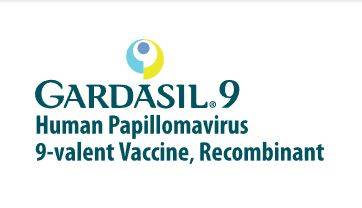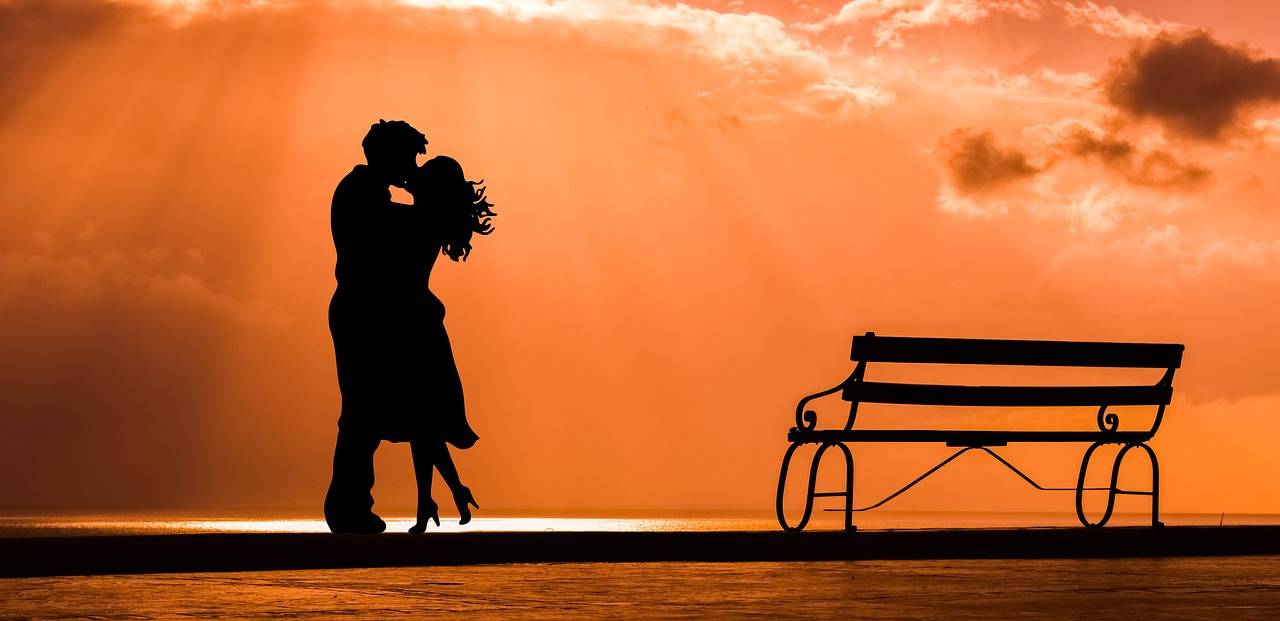VACCINE AGAINST HPV
HPV vaccine protects against genital warts and cancer caused by them.
HPV – Gardasil 9: A guide
HPV, or Human Papillomavirus, is a group of more than 200 related viruses, some of which are spread through vaginal, anal or oral sex. Sexually transmitted HPV types fall into two groups, low risk and high risk.
Low-risk HPVs mostly cause no disease. However, a few low-risk HPV types can cause warts on or around the genitals, anus, mouth or throat. High-risk HPVs can cause several types of cancer. There are about 14 high-risk HPV types, two of which, HPV16 and HPV18, are responsible for most HPV-related cancers.
HPV infection is common
Almost all sexually active people are infected with HPV within months to a few years of becoming sexually active. About half of these infections are with a high-risk HPV type. HPV can infect both men and women. Both men and women can become infected with HPV and develop HPV-caused cancer.
HPV and cancer
Most HPV infections do not cause cancer: Your immune system usually fights HPV infections so they do not cause cancer. High-risk HPV infections that persist can cause cancer: Sometimes HPV infections are not successfully controlled by your immune system. When a high-risk HPV infection persists for many years, it can lead to cell changes that, if left untreated, can get worse over time and turn into cancer.
HPV infection and cancers
Long-term infections with high-risk HPVs can cause cancer in parts of the body where HPV infects cells, such as the cervix, oropharynx (the part of the throat at the back of the mouth, behind the oral cavity that also includes the back third of the tongue, the soft palate, side - and the back walls of the throat and tonsils), anus, penis, vagina and vulva.
The HPV vaccine Gardasil 9®
A large study of vaccinated women showed a reduction of almost 90 % in cervical cancer. The Gardasil 9® HPV vaccine protects against infection from nine HPV types: the two low-risk HPV types that cause most genital warts, plus the seven high-risk HPV types that cause most HPV-related cancers.
Recommendations for the HPV vaccine
The HPV vaccine series is important for men as well as women because both men and women can develop cancer related to the infection. Women are at distinct risk for cervical cancer and men for penile cancer. Vaccination can also reduce the spread of cancer-causing HPV to other people.

Age limits for the HPV vaccine
Yes, the vaccine can be given from the age of 9. However, it takes time to develop cancer caused by HPV, but there is no upper age limit for vaccination. Thus, people over 45 can be vaccinated, but as no effect on previous infection can be expected, the vaccine is most relevant in people with changing partners.
The effect of HPV vaccination
HPV vaccination reduces the risk of cervical cancer, anal cancer and genital warts. Adults and children ≥ 15 years: 3-dose program. 0, 2 and 6 months Children 9-14 years: 2-dose program with 5-13 month interval.
Book an appointment for vaccination against HPV at Medicals
We stock the vaccine. Protect yourself and your loved ones from HPV-related diseases by getting vaccinated with Gardasil 9®.






